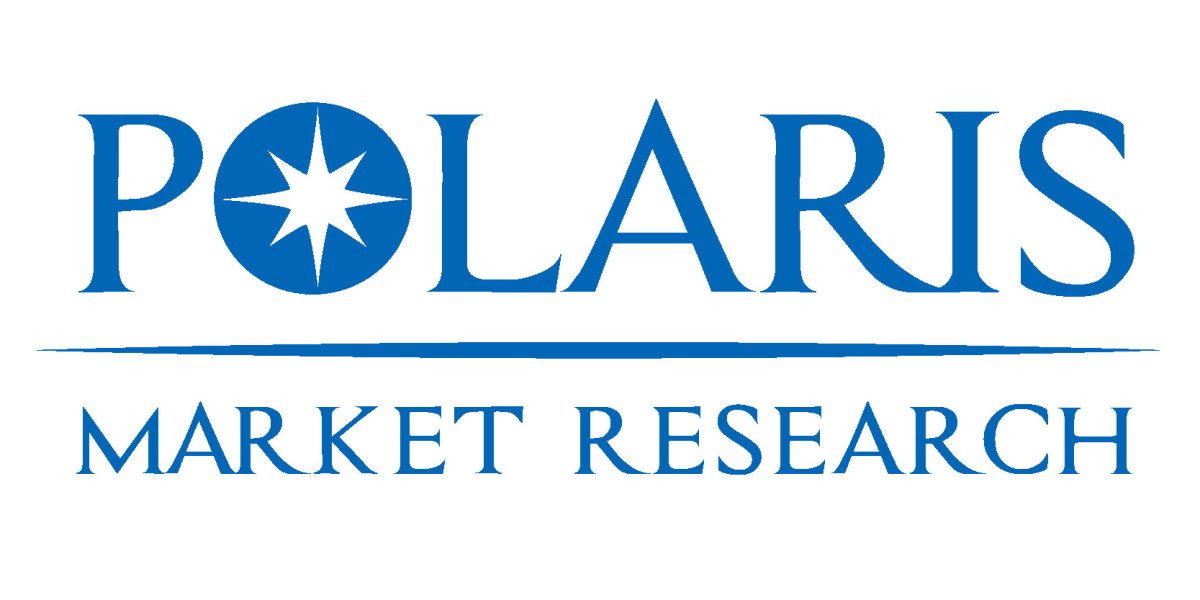The global bus market was valued at USD 93.55 billion in 2024 and is forecasted to reach USD 134.22 billion by 2034, growing at a CAGR of 3.7% between 2025 and 2034. Rising investments in public transportation systems, the accelerating shift toward sustainable mobility solutions, and the surging adoption of electric buses are transforming the industry landscape. Demand for intercity travel is expanding, particularly in developing nations, where urbanization and growing populations have increased the need for reliable and cost-efficient mobility.
Buses remain the backbone of mass transit across urban and rural settings, offering affordable, eco-friendly, and scalable mobility solutions. Governments worldwide are supporting cleaner fuel options and electric bus fleets to reduce emissions and improve air quality. The market outlook is further strengthened by technological innovations, such as real-time tracking, smart ticketing, and advanced telematics.
Key Growth Drivers
- Rising Investments in Public Transportation Systems
Rapid urbanization has intensified traffic congestion in metropolitan areas. To address this, governments are modernizing public transport infrastructure, expanding bus fleets, and incorporating digital ticketing platforms. - Shift Toward Sustainable Mobility Solutions
Environmental concerns are pushing demand for clean-energy buses. Electric buses, hybrid vehicles, and hydrogen-powered models are increasingly being adopted to reduce dependence on fossil fuels and minimize carbon emissions. - Growing Intercity Travel Demand
With increased urban-to-suburban migration and regional tourism growth, intercity bus services are gaining traction. They offer cost-effective alternatives to trains and air travel while providing enhanced connectivity. - Technological Integration
IoT and AI-based fleet management systems, smart ticketing, and real-time passenger information systems are revolutionizing the passenger experience and operational efficiency of bus operators.
Market Segmentation
By Bus Type
- Transit Buses: Dominating urban transport, especially for daily commuters.
- Coaches: Primarily used for long-distance travel and tourism.
- School Buses: Increasingly transitioning to electric models.
- Mini Buses: Preferred in rural areas and last-mile connectivity.
By Fuel Type
- Diesel: Still dominant but steadily declining.
- Electric Buses: Fastest-growing segment due to government subsidies and emission regulations.
- Hybrid & Alternative Fuels: Includes natural gas, hydrogen, and biofuel-powered buses.
By Application
- Public Transport: City buses and metro feeders driving the largest demand.
- Private Transport: Corporate shuttles, tourism operators, and schools.
- Intercity Buses: Growth supported by affordability and comfort improvements.
By Region
- North America: Adoption of sustainable mobility solutions supported by clean energy initiatives.
- Europe: Aggressive shift toward zero-emission fleets; electric buses gaining strong momentum.
- Asia-Pacific: Leading global adoption, especially in China and India.
- Latin America: Demand for intercity buses growing rapidly in Brazil and Mexico.
- Middle East & Africa: Expanding bus systems in smart city projects.
Regional Insights
North America
The U.S. and Canada are investing in electric bus fleets as part of climate action plans. Public-private partnerships are driving modernization of public transportation systems.
Europe
Europe is at the forefront of electric bus deployment. Countries like the U.K., Germany, and the Netherlands are incentivizing manufacturers and operators to adopt sustainable buses.
Asia-Pacific
APAC dominates global volume, led by China, which has the world’s largest electric bus fleet. India is emerging as a high-potential market, supported by government electrification initiatives.
Latin America
Improving road connectivity and rising middle-class populations are fueling demand for long-distance coaches and intercity buses.
Middle East & Africa
Rapid population growth, expanding tourism, and investments in urban infrastructure are driving adoption. Gulf nations are integrating buses into smart mobility ecosystems.
Competitive Landscape
The global bus industry is fragmented, with both international and regional manufacturers competing for market share. Leading players are focusing on electric bus innovation, fleet electrification partnerships, and sustainability goals.
Major Companies Include:
- Daimler AG
- Volvo Group
- Scania AB
- Ashok Leyland
- Yutong Bus Co., Ltd.
- BYD Company Ltd.
- MAN Truck & Bus SE
- Tata Motors Limited
- Zhongtong Bus Holding Co., Ltd.
- Alexander Dennis Limited
Key Developments:
- BYD expanded electric bus sales in Europe and Latin America.
- Volvo launched advanced hybrid buses targeting urban mobility.
- Ashok Leyland and Tata Motors accelerated electric bus deployments in India.
Conclusion
The bus industry is entering a transformative era, led by electric buses, rising intercity travel demand, and government-backed public transportation investments. As sustainable mobility solutions become central to global strategies, bus manufacturers are focusing on eco-friendly models, advanced technologies, and improved passenger experiences. The market outlook for the next decade is strong, with electric and hybrid buses expected to take a leading role in shaping future mobility.
For in-depth insights and trends, explore the latest bus report.
More Trending Latest Reports By Polaris Market Research:
Calcium Fortified Foods Market








